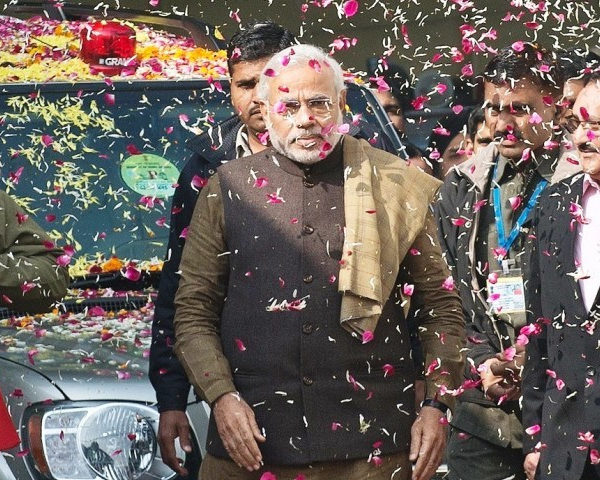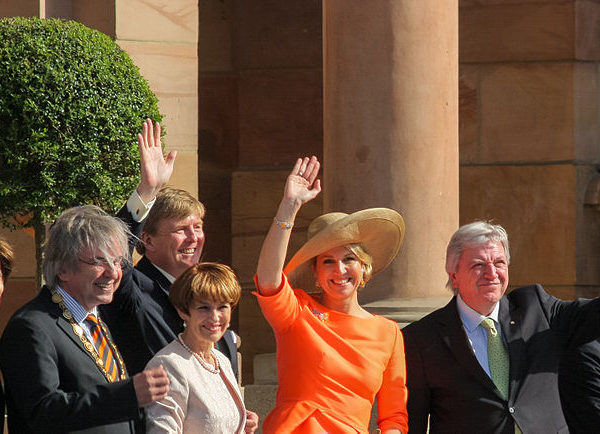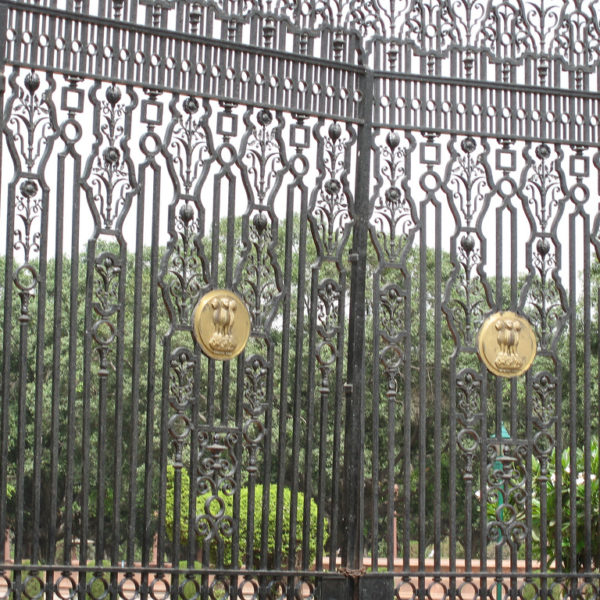
Federal elections in the world’s largest democracy have recently led to a significant change of leadership in India. There are two crucial domains of concern for anyone looking at the future of India after these elections: on the one hand, concerns about the rights and dignity of minority communities, which is saturated with an ideological component; on the other hand, the project of growth and development, which is the language Prime Minister Modi now speaks.
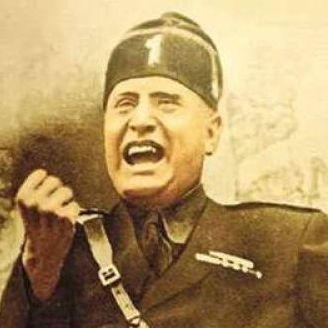
The international crisis in Ukraine, combined with the precipitous and aggressive behavior of Russia toward the West, the docility of Europe and the fecklessness of American foreign policy in shaping events, has prompted after-midnight calls among many international experts for a radical and rapid rethinking of what the word “globalization” really means, or what it might look like even in the next five years.
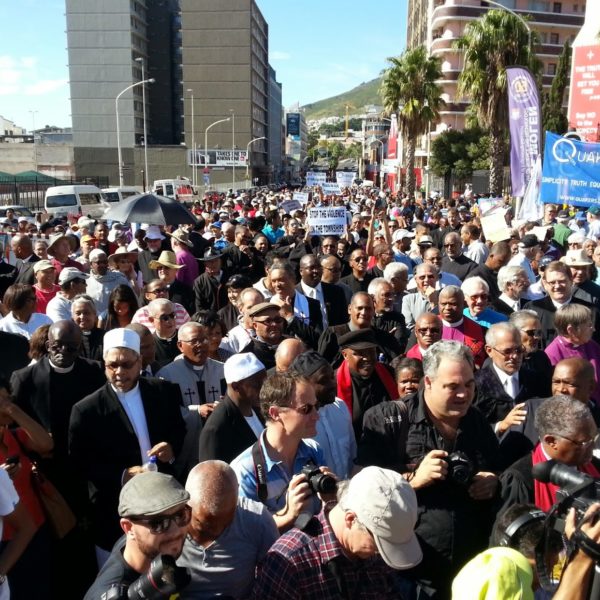
And so it was this past Easter Saturday that thousands of South Africans, supported by religious leaders, “evoke[d] the spirit of the 1980s, when the faith community intervened to promote and defend democracy.”[2] Leading the procession was the Anglican Archbishop of Cape Town, Thabo Makgoba.

Viewing the film August: Osage County with academy award nominees Julia Roberts and Meryl Streep during the same week that Russia’s Vladimir Putin occupied Crimea and thumbed his nose at President Obama, it became impossible not to regard the movie itself as some sort of deep parable of the political age in which we live.
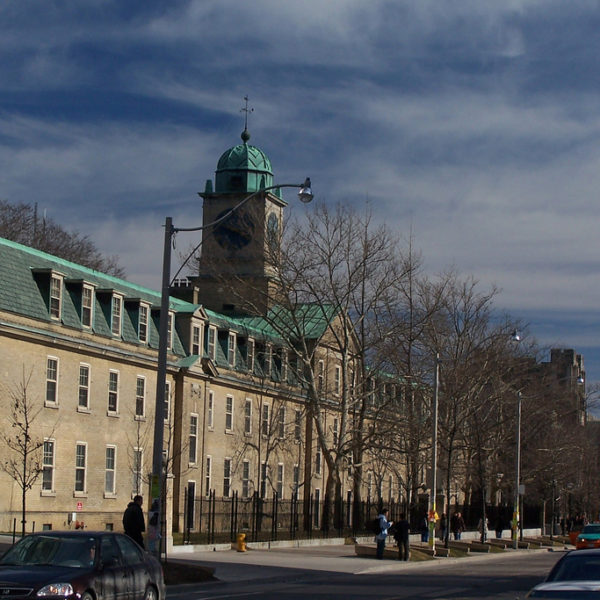
I first taught this graduate seminar in 2008 as a “Topics in Political Thought” course, and called it “Political Theologies” – a political theory seminar, cross-listed with Study of Religion. Part of the motivation for teaching it was finding a set of themes and readings that would work well in a cross disciplinary way, as I’m jointly appointed to both Political Science and Study of Religion.
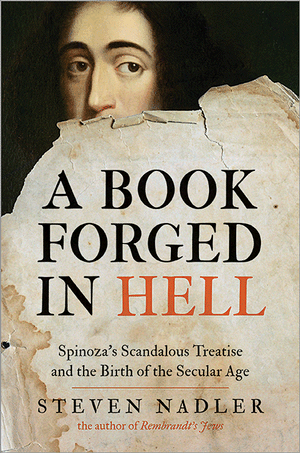
Writing in May, 1670, the German theologian Jacob Thomasius fulminated against a recent, anonymously published book. It is, he claimed, “a godless document” that should be immediately banned in all countries. His Dutch colleague, Regnier Mansveld, a professor at the University of Utrecht, insisted that the new publication was harmful to all religions and “ought to be buried forever in an eternal oblivion.” Willem van Blijenburgh, a philosophically inclined Dutch merchant, wrote that “this atheistic book is full of abominations … which every reasonable person should find abhorrent.” One disturbed critic went so far as to call it “a book forged in hell”, written by the devil himself.
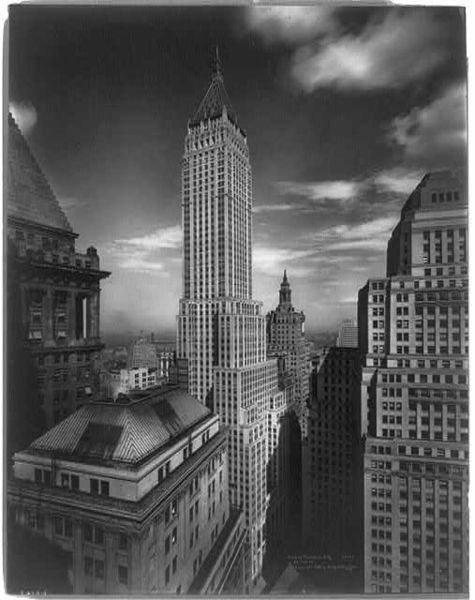
Democracy is in crisis. Or, or more significantly, liberal democracy is in crisis. So writes Philip Coggan recently in The Economist, the Western world’s foremost punditocratic commentary on the shifting social, cultural, and political terrain that goes by the slippery name of “globalization”.
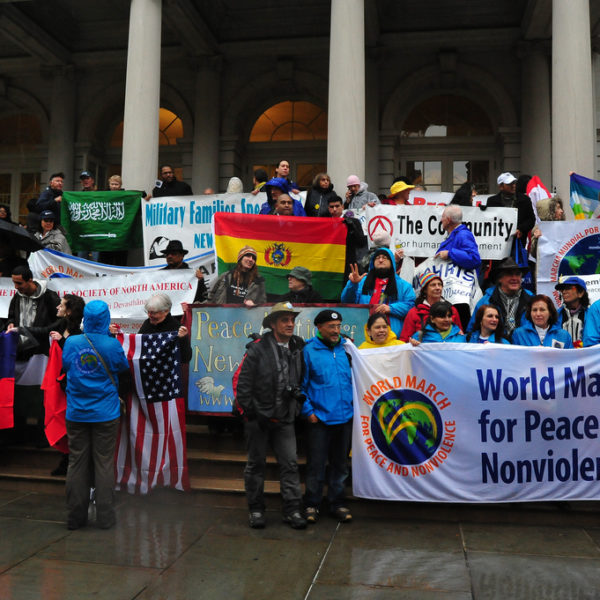
Apparently, nonviolence and democracy are strongly connected. Recent research suggests that nonviolent resistance campaigns are much more likely than violent ones to pave the way for “democratic regimes.” . . . But what, in the world, is democracy? The term resides in a restless spectrum, so perhaps the adjective democratic should be employed more than the noun.
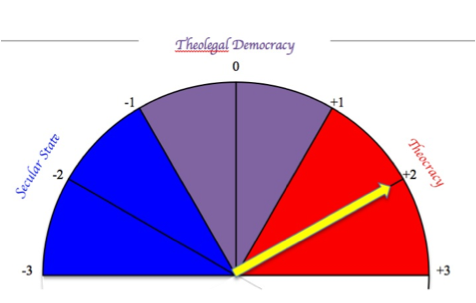
The United States is comprised of a religiously diverse citizenry, which leaves officials to balance the tension upheld by a constitution that simultaneously prevents the establishment of a national creed and yet preserves one’s right to freedom of religion. In practice, officials in the United States cannot legislate theology, but they can, and do, use theology to legislate.
As a result, the United States is not a secular democracy where laws guarantee freedom from religion and dismiss theological rhetoric in the political process; neither is it a theocracy, where a single religion prescribes all laws. Whether we like it or not the United States is a theolegal democracy.
